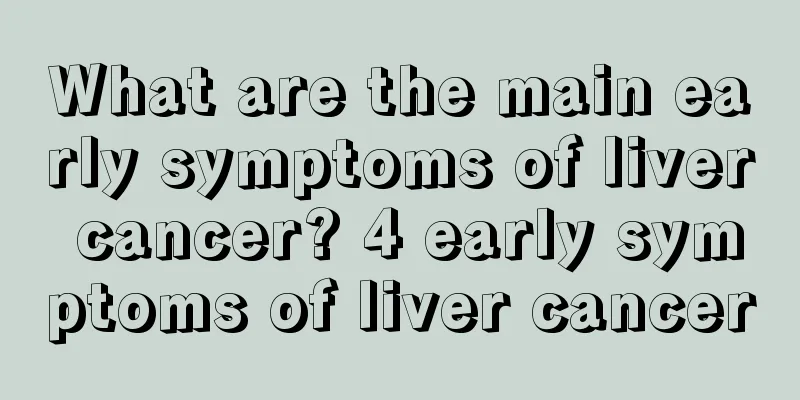What are the specific causes of rectal cancer

|
Among the causes of rectal cancer, the clear cause is the direct connection with excessive intake of fat and protein, but other aspects have not been fully clarified. However, possible high-risk causes such as genetics and diet should be paid special attention to, as these aspects are summarized through clinical experience. 1. Genetic factors Many families with colorectal cancer have a family history of cancer and many digestive tract tumors. Because the genes of normal cells change, cancer patients inherit a susceptibility, and with some stimulating factors, tissue cells grow rapidly and develop into cancer. Cell genetic genes mutate and become malignant cells with genetic characteristics, which manifests as a family history of cancer. This cause of colorectal cancer is relatively common. 2. Dietary factors The so-called Western diet, which is high in fat, protein and low in fiber, is believed to be related to the occurrence of colorectal cancer. In areas with a high incidence of colorectal cancer in Western countries, the incidence of colorectal cancer is high. In contrast, the Banti tribe in South Africa consumes rough food that is low in fat and rich in fiber, and the incidence of colorectal cancer is low. If these residents immigrate to areas with a high incidence of colorectal cancer, the dietary structure will change, and the incidence will increase accordingly. This is because high-fat and high-protein foods can increase the amount of methylcholanthrene in feces, which can cause increased bile acid secretion and be decomposed into unsaturated polyunsaturated hydrocarbons by anaerobic bacteria in the intestines. Both of these substances are carcinogens. The reduction in fiber content slows down the speed of feces passing through the intestines, which increases the contact time between these carcinogens and the intestinal conjunctiva, leading to an increased chance of cancer. 3. Adenoma cancer Tumor polyps can turn into cancer. Adenomas can be divided into three types: tubular adenomas, villous adenomas, and mixed adenomas. Tubular adenomas have a high incidence rate, and villous adenomas have a high rate of canceration. Among adenomas, there are hereditary familial adenomas, which are considered precancerous lesions. They usually occur after the age of 30, but some people may become cancerous before the age of 20. 4. Inflammatory bowel disease Ulcerative colitis and Crohn's disease are caused by the destruction of intestinal mucosa, the proliferation of ulcer repair, and the formation of granulation tissue, which leads to cancer. Schistosoma japonicum eggs are deposited in the rectal mucosa, and chronic inflammation stimulates cancer. |
<<: What are the causes of rectal cancer
>>: How long will it take for rectal cancer surgery to not recur
Recommend
The side effects of white Poria cocos, there are these ways to eat it
White Poria cocos has extremely high medicinal va...
How to deal with fading clothes?
Many friends like to wear brightly colored clothe...
7 subconscious actions are harmful to your health
When people are bored, nervous or anxious, they o...
What should I do if my arm hurts during infusion?
Infusion is an effective method for treating dise...
Will rectal cancer affect the fetus?
Will colorectal cancer affect the fetus? Currentl...
Will I feel pain if I have a teratoma?
Will I feel pain if I have a teratoma? During the...
Can malignant melanoma be transmitted through breast milk?
When hearing about some malignant diseases, many ...
Where is the best place to treat bile duct cancer
Where is the best place to treat bile duct cancer...
Food desiccant becomes "invisible killer" and explodes when in contact with water
Recently, a 5-year-old boy from Gao'an City, ...
Is it okay for milk powder to contain lactose?
For newborns, they cannot eat any food after birt...
The main characteristics of coelenterates
Coelenterates belong to the phylum Cnidaria. It w...
What are the characteristics of different types of thyroid cancer
Thyroid cancer is a common endocrine tumor in cli...
Six postures to test sub-health level
It can be said that sub-health has evolved into t...
Something that can identify the acidity and alkalinity of a solution
In modern society, people pay more and more atten...
Can applying a hot towel to the eyes remove dark circles? If you love beauty, you must know
In recent years, with the gradual increase in wor...









